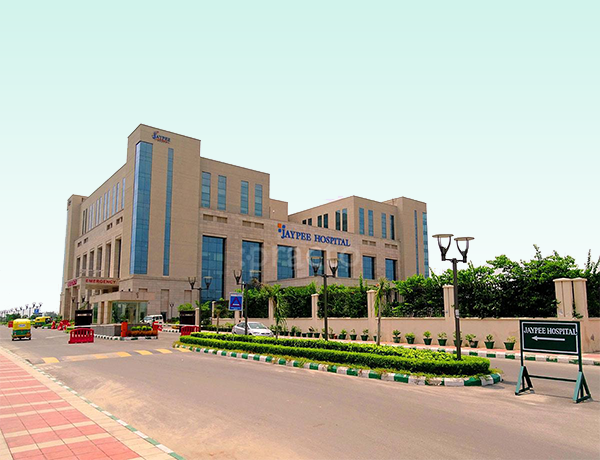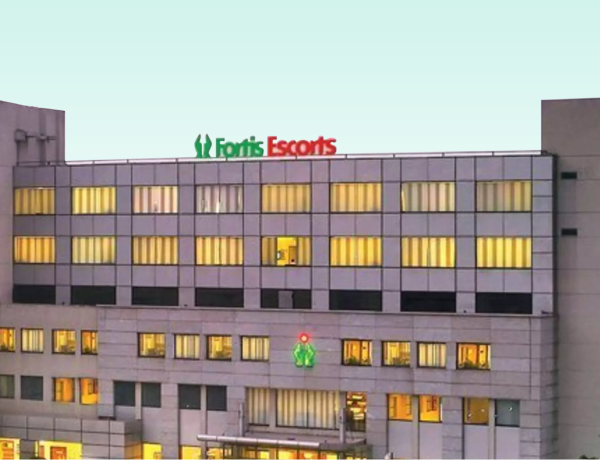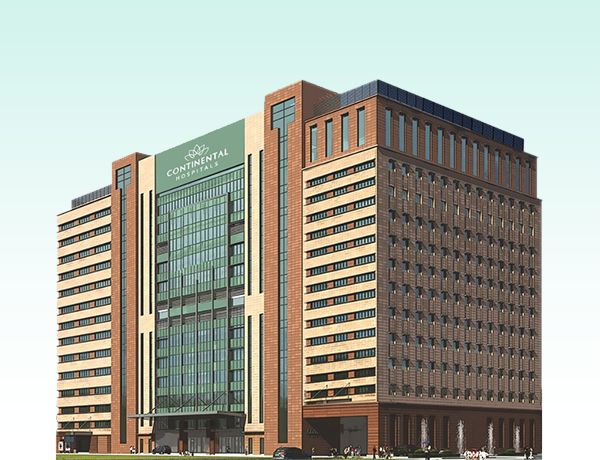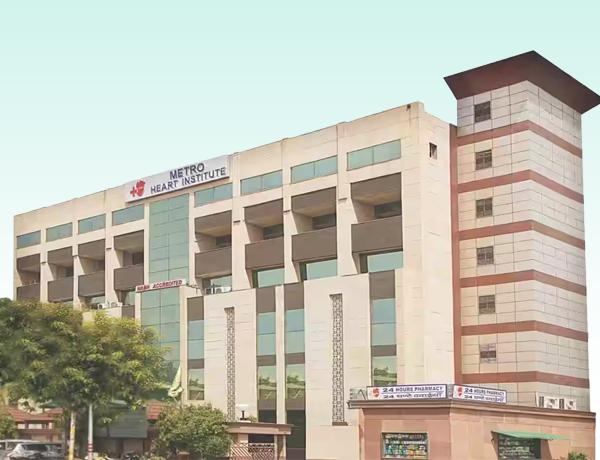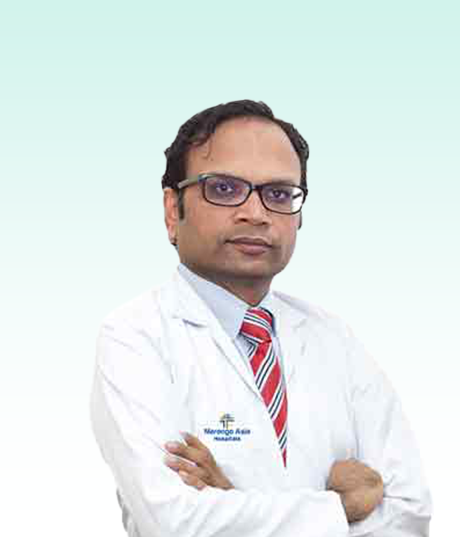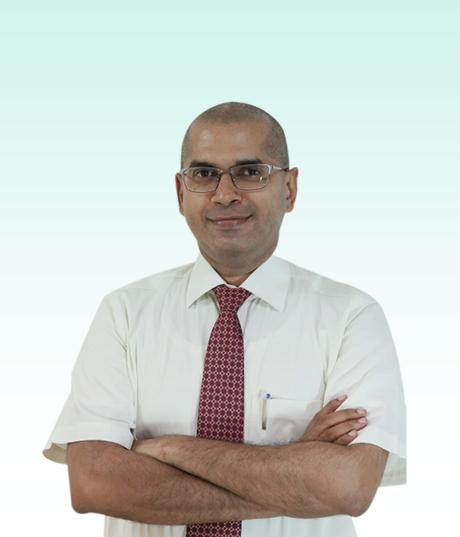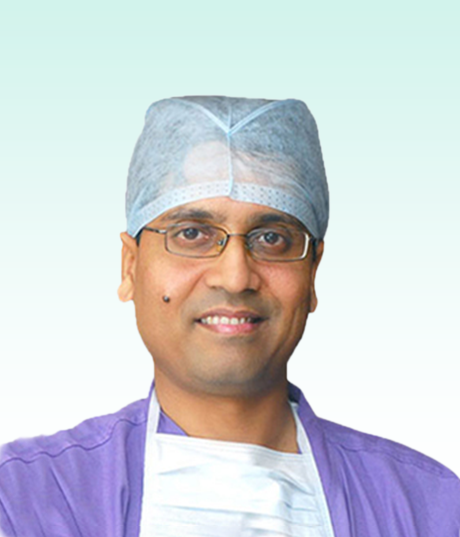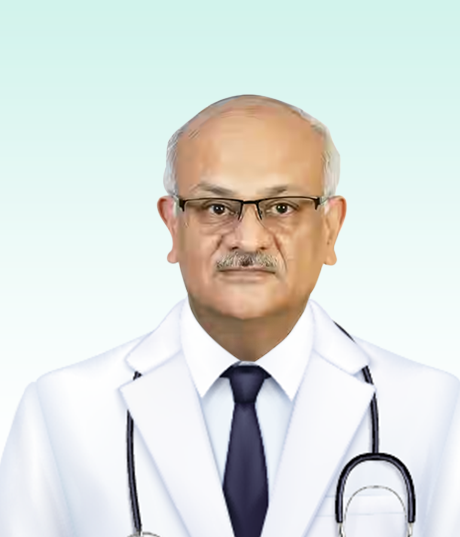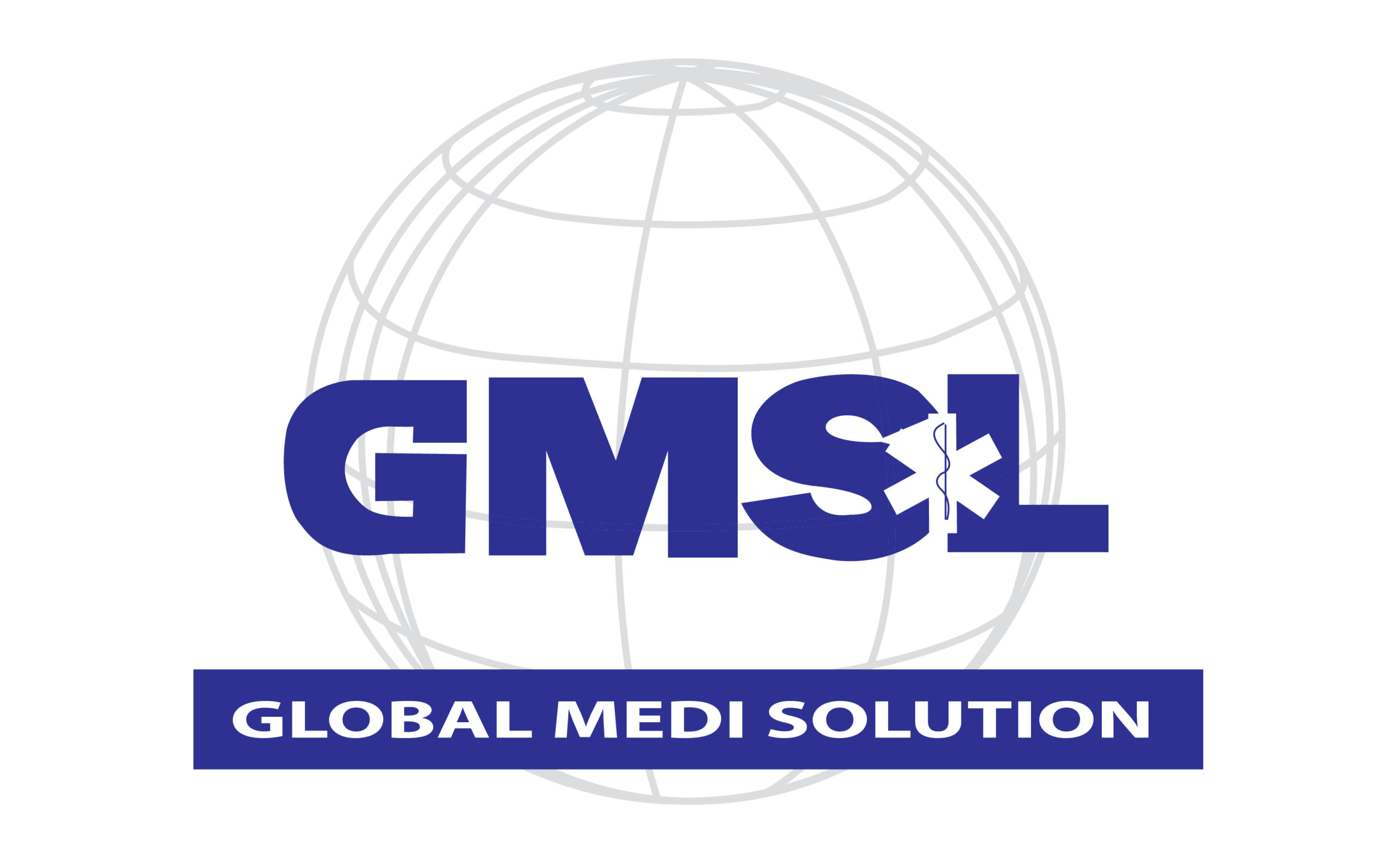Bone Marrow Transplant
Bone Marrow Transplantation (BMT) is a medical procedure that involves the transplantation of healthy bone marrow cells to replace damaged or destroyed bone marrow. The bone marrow is a spongy tissue located inside the bones that produce blood cells. The procedure is also known as hematopoietic stem cell transplantation (HSCT), and it is used to treat various conditions such as blood cancers, immune system disorders, and genetic diseases.
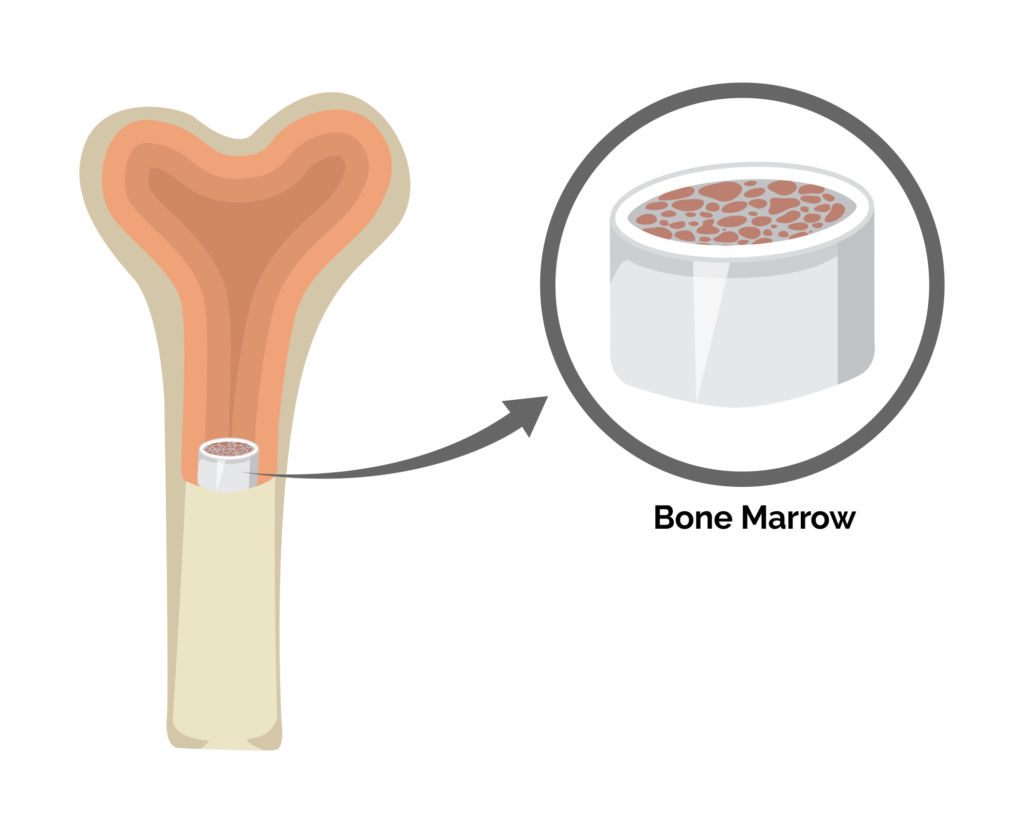
Who Needs a BMT
BMT is recommended for patients who have certain types of cancer, such as leukemia, lymphoma, and multiple myeloma, as well as for those with certain blood disorders, such as sickle cell anemia and thalassemia. BMT may also be recommended for patients who have undergone chemotherapy or radiation therapy for cancer and require stem cell support to help rebuild their immune system.
When To See A Specialist
Patients who are considering a bone marrow transplant should seek consultation with a specialist in hematology or oncology. The specialist will conduct a thorough evaluation of the patient’s medical history, current health status, and other factors to determine whether BMT is a suitable treatment option.
Procedure of BMT
Here is a step-by-step overview of the bone marrow transplant (BMT) procedure:
- Evaluation: Prior to the transplant, the patient undergoes a thorough medical evaluation to determine their eligibility for the procedure. This evaluation includes blood tests, imaging studies, and other diagnostic tests.
- Stem cell collection: Stem cells may be obtained from the patient’s own body (autologous transplant) or from a donor (allogeneic transplant). If the patient is the donor, stem cells are collected through a process called apheresis, which involves removing blood from the patient, separating out the stem cells, and returning the remaining blood to the patient’s body. If a donor is used, the stem cells may be obtained from bone marrow, peripheral blood, or cord blood.
- Conditioning: Prior to the transplant, the patient may undergo chemotherapy and/or radiation therapy to destroy any remaining cancer cells and to suppress the immune system to prevent rejection of the new cells
- Transplantation: The stem cells are infused into the patient’s bloodstream through a vein. The cells travel to the bone marrow and begin to produce new blood cells. The transplant is typically performed in a hospital or specialized transplant center, and the patient is closely monitored during and after the procedure.
- Engraftment: Over time, the transplanted stem cells begin to grow and produce new blood cells. This process is known as engraftment, and it typically takes several weeks to several months to occur.
- Long-term follow-up: Patients who undergo BMT require long-term monitoring and follow-up care to ensure that the transplant is successful and that any complications are promptly addressed. Regular blood tests, imaging studies, and other diagnostic tests may be performed to monitor the patient’s health and to detect any signs of relapse or complications.
Road To Recovery:
The recovery period following a BMT can be long and challenging. Patients may experience side effects such as fatigue, nausea, and infections. Regular monitoring and follow-up care with a specialist is essential to ensure that the transplant is successful and that any complications are promptly addressed.
Patients may also need to make significant lifestyle changes, such as adopting a healthy diet, avoiding contact with sick individuals, and following a regular exercise regimen, to help promote recovery and reduce the risk of infection. With time and patience, most patients are able to return to their normal activities and enjoy a good quality of life after a successful bone marrow transplant.
Risk Management
Bone marrow transplant (BMT) is a complex procedure that carries certain risks and potential complications. Here are some of the potential risks and complications associated with BMT:
- Graft-versus-host disease (GVHD)
- Infection
- Graft failure or rejection
- Organ damage
- Infertility
- Secondary cancers
- Other complications such as bleeding, nausea and vomiting, fatigue, and mucositis.
Benefits of BMT
Bone marrow transplant (BMT) can provide several benefits for patients with certain medical conditions. Here are some of the potential benefits of BMT:
- Potential cure: For patients with certain types of cancer, such as leukemia, lymphoma, and multiple myeloma, BMT can be a potentially curative treatment option.
- Improved quality of life: BMT can help improve the quality of life for patients with certain non-cancerous blood disorders, such as sickle cell anemia and thalassemia.
- Increased survival: For patients with certain medical conditions, BMT can increase the chances of survival.
- Less toxicity: Compared to traditional chemotherapy or radiation therapy, BMT can be a less toxic treatment option for certain medical conditions.
- Potential for future treatments: By collecting and storing a patient’s own stem cells, BMT can provide a source of healthy cells for potential future treatments or research.
Understanding The Costing of Procedure
- Procedure Cost with Total Matched Sibling:
- Procedures cost package: $21,000
- Transfusion medicine services cost: $4,600
- Donor workup cost: $1,200
- Recipient workup cost: $1,200
- Total cost with a total matched sibling: $28,000
- Procedure Cost without Total Matched Sibling:
- Procedures cost package: $21,000
- Transfusion medicine services cost: $4,600
- Donor workup cost: $1,200
- Recipient workup cost: $1,200
- Total cost without a total matched sibling: $27,000 (approximately $46,000 if no total matched sibling is available)
In addition, there is a separate cost for the procedure itself:
- The procedure cost ranges from $29,000 to $38,000, with an 85% success rate.
Frequently Asked Questions
1. What is a bone marrow transplant (BMT)?
A bone marrow transplant is a medical procedure that replaces a person’s bone marrow with healthy stem cells to treat a variety of blood and immune system disorders.
2. Who is a candidate for BMT?
Patients with blood cancers, such as leukemia and lymphoma, as well as those with certain non-cancerous blood and immune disorders, may be candidates for BMT.
3. How is a donor for BMT selected?
Donors are typically family members or unrelated individuals who are a close genetic match to the patient. The donor’s stem cells are collected from either the bone marrow or blood.
4. What is the recovery process like after BMT?
The recovery process after BMT can be lengthy and requires close monitoring. Patients will need to stay in the hospital for several weeks, and then undergo regular follow-up visits for several months or years after the transplant.
5. What are the potential risks and complications of BMT?
BMT carries a risk of serious complications, such as graft-versus-host disease, infection, organ damage, infertility, secondary cancers, and other complications. Patients should discuss the potential risks and benefits of BMT with their healthcare provider.
6. What can I do to prepare for BMT?
Patients should discuss their treatment options with their healthcare provider, and ensure that they are in the best possible physical and emotional condition prior to the transplant. This may involve undergoing tests, receiving vaccinations, and making lifestyle changes to optimize their health.
Treatians As The Best Choice
Treatians understand that seeking medical treatment abroad can be a daunting experience for patients and their families. That’s why the company offers end-to-end support to its clients, from the initial consultation to post-treatment care. The company provides personalized treatment plans that are tailored to meet the individual needs of each patient, and its team of dedicated professionals is always on hand to provide guidance and support throughout the entire process. Contact us at +91-7982312582, drop your email [email protected]
- Trauma & intensive care
- Aged Care
- Community Services
- Diagnosis & Investigation
- Medical & Surgical
- Mental Health
- Rehabitation
- Specialised Support Service







